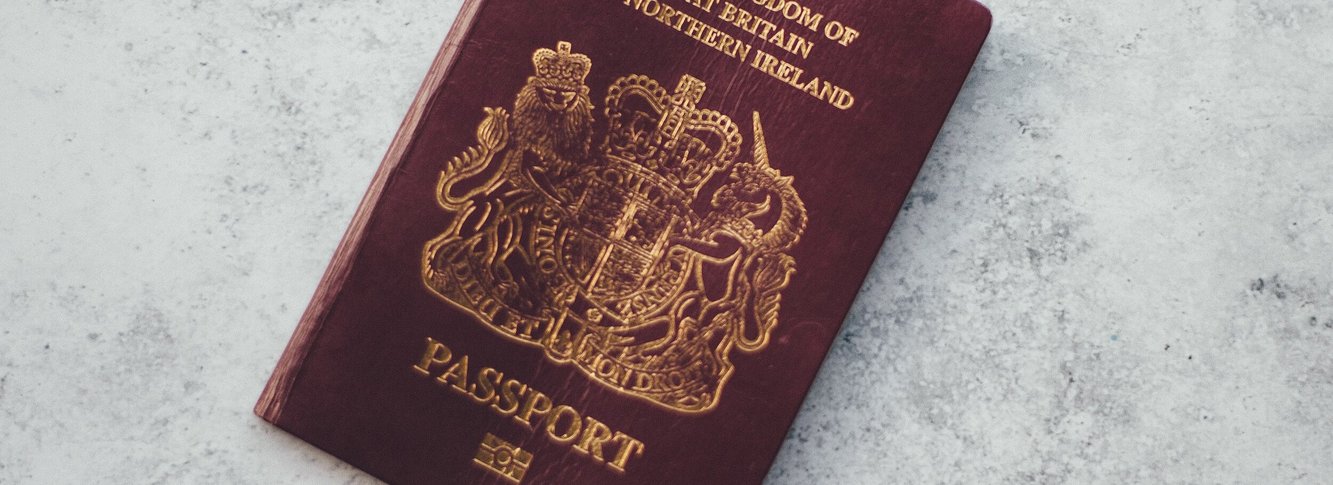| 6 mins read
Since 2010, Theresa May’s ‘hostile environment’ for immigrants has brought a catalogue of human rights violations and inequalities in Britain. Immigration rules have doubled in length in just a handful of years, while the margin for error allowed in applications is ever-shrinking.
The government’s tepid efforts to taper the hostility has done little to ameliorate the situation, while Brexit is transforming the immigration landscape as we know it. Just beyond the horizon lies the skills-based immigration vision for all EU entrants past 2021, including a series of clampdowns on visa criteria.
In anticipation of the changes, the Home Office intends on tightening visa requirements such as the controversial ‘good character’ requirement that all applicants over the age of 10 must satisfy in order to settle, register or naturalise as a British citizen.
What does ‘good character’ even mean?
Despite there being no definition of ‘good character’ in the British Nationality Act 1981 (BNA), the requirement has been enforced since 2006 (though the Home Office only published official guidance notes this January).
The non-exhaustive list of desirable conduct includes the obvious (war criminals, repeat offenders and terrorists have no chance at passing the test). Other factors to assess include financial soundness (debt, non-payment, liquidation and bankruptcy) as well as notoriety and deception and/or dishonesty. Bizarrely, applicants could be refused for obtaining a traffic violation fine in the last three years prior to applying, especially if they fail to disclose the fine or have racked up multiple which demonstrate a ‘pattern of offending’.
If British citizens by birth were liable to having their citizenship revoked for tripping over a council bill or for being caught speeding or for even obtaining a police caution in their youth, how many would be left in this country?
The new guidance also impinges some of the harshest redlines for those found overstaying a visa. Up until 2016, overstayers were granted a 28-day period during which they could make an application without being penalised. Now, however, overstayers are stripped of any grace period and must endure a decade long wait before attempting again – unless they can complete the arduous task of proving that overstaying was beyond their control.
Misuse of the ‘good character’ criteria
While obviously necessary to impose restrictions on migrants seeking citizenship rights in the UK, it’s evident that the Home Office’s decision makers overzealously look for reasons to refuse applications.
Although overstaying will not be taken into account if it is “the sole adverse factor” affecting an individual’s character, Home Office officials can – and do – convincingly build a portfolio that deprives the applicant of innocence. In 2014, over 1,000 students were deported in what is described as Britain’s forgotten and largest immigration scandal to date.
The ‘good character’ criteria was also used against near-2,000 highly-skilled working migrants, who were depicted as terrorists and threatened with deportation for submitting applications for Indefinite Leave to Remain with minor tax errors last year. Fortunately, the Court of Appeal recently ruled that the liberal use of the 322(5)-terrorism paragraph was “legally flawed”, with “serious procedural unfairness” and a “distinct unlawfulness” across the four cases that were brought to trial.
UK-born children denied their rights
One child a week on average had their British citizenship application refused between 2013-18. A high majority were denied for committing trivial and petty crimes. Following from a forewarning by the Independent Chief Inspector’s 2017 report, the Joint Committee on Human Rights (JCHR) released a damning indictment this July, echoing their “deep concern” for children being refused because of caseworkers’ “unduly heavy-handed approach”.
Although being born in Britain doesn’t automatically grant citizenship and children of migrants must register, the Committee find it “inappropriate” to apply the ‘good character’ test to young children who are, in every other sense, British. Something as minor as a police caution should not be enough to warrant an actual refusal, and doing so goes against the British Nationality Act.
Struggling to cough up the £1,012 base-fee, thousands of disadvantaged and vulnerable families are plunged into destitution. 120,000 children are affected just by the costs alone, which is applicable per child with no discounts, waivers or refunds, even in the event of a refusal.
Caseworkers even have the power to deny an application for feeling “doubts about their character” which dubiously opens the door to discriminatory biases held by the often anonymous, subjective decision-maker. Migrants face severe repercussions which are often life-changing for making the tiniest and most tedious of mistakes, which isn’t reciprocated onto Home Office officials who can catastrophically rip genuine people’s lives apart without being held personally accountable.
David Bolt, Independent Chief Inspector of Borders and Immigration, blames Parliament’s blinkered focus on Brexit and the Windrush fiasco for snatching the government’s time away from other areas, which is partly true. But the entangled and overly convoluted web the Home Office has spun in its endeavour to reach an impossible net migration target does not bode well for the future either.
Without reform and “adequate support, guidance and training” given to Home Office staff, claim the Committee, the UK’s exit from the EU could pave the way for another scandal in the same vein as Windrush, in which EU nationals will be deprived of their rights when they are subjected to the immigration rules post-2021. This possibility, combined with the continued inappropriate use of ‘good character’ tests for British-born children, is a grim prospect indeed.

